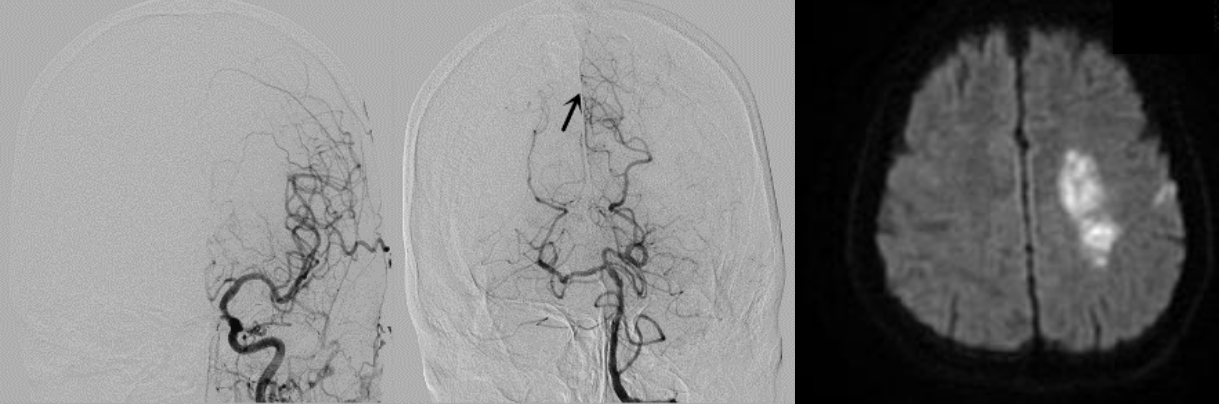Cancercellresearch 2023, 10(39), 912-917;
- 25 December. 2023
Abstract
: The quantitative alterations of collagen expression in the context of neoadjuvant chemotherapy and the relationship between it and chemotherapy effectiveness of clinic and pathology are investigated in this article.
[...] Read more.
: The quantitative alterations of collagen expression in the context of neoadjuvant chemotherapy and the relationship between it and chemotherapy effectiveness of clinic and pathology are investigated in this article. Seventy-one patients with breast cancer in general surgery department during January 2018 to February 2022, were enrolled and evaluated. Thirty-one of which received neoadjuvant chemotherapy, the others are not which are chosen as control. All the clinical and pathological information was collected. Pathological responses to neoadjuvant chemotherapy were performed on the basis of the Miller-Payne (MP) criteria, by which the efficiency and inefficiency of chemotherapy outcome was discriminated. The expression of collagen proteins was quantitatively evaluated by using morphometric analysis of Masson Trichrome Staining.The expression levels of collagen in breast cancer’s extracellular matrix after neoadjuvant chemotherapy were up-regulated significantly, Compared with non-treated group. Collagen expressions in breast cancer ’s extracellular matrix were affected by neoadjuvant chemotherapy. And it will provided more theoretical basis for improving the efficacy of Taxotere chemotherapy in breast cancer in the future.
Full article
(This article belongs to the Section Cancer cell Research)

 Cancer Cell
Research
Cancer Cell
Research 





